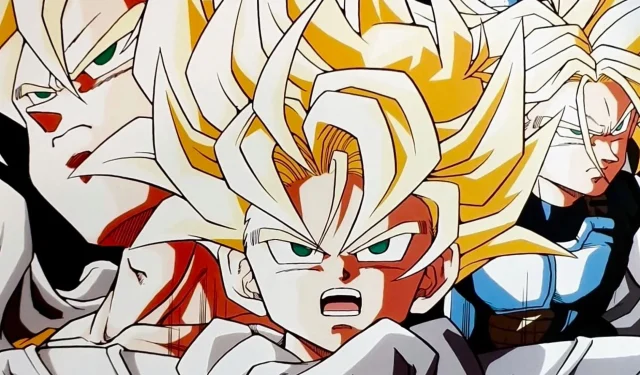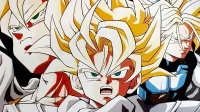Overview of Future Directions for Dragon Ball
- Speculation suggests Akira Toriyama may have distanced himself from manga, altering his storytelling style.
- The iconic creator expressed appreciation for those behind Dragon Ball’s success, yet his connection to his craft appeared to diminish.
- Toyotaro is positioned as a potential successor to Toriyama, indicating a continued evolution of Dragon Ball narratives in the future.
Table of Contents
In light of Akira Toriyama’s passing, fans are eager to discover what lies ahead for the Dragon Ball franchise. While we cannot foresee the future with certainty, insights into Toriyama’s perspectives can guide our expectations for the series.
A recent interview on the Japanese podcast Kosokoso featured discussions with three prominent Dragon Ball editors: Kazuhiko Torishima, Yu Kondo, and Fuyuto Takeda. They shared personal anecdotes and reflections on the franchise’s trajectory. Key excerpts from the interview were translated by Enomis, who is also known as @Venixys.
Toriyama’s Shift Away from Manga
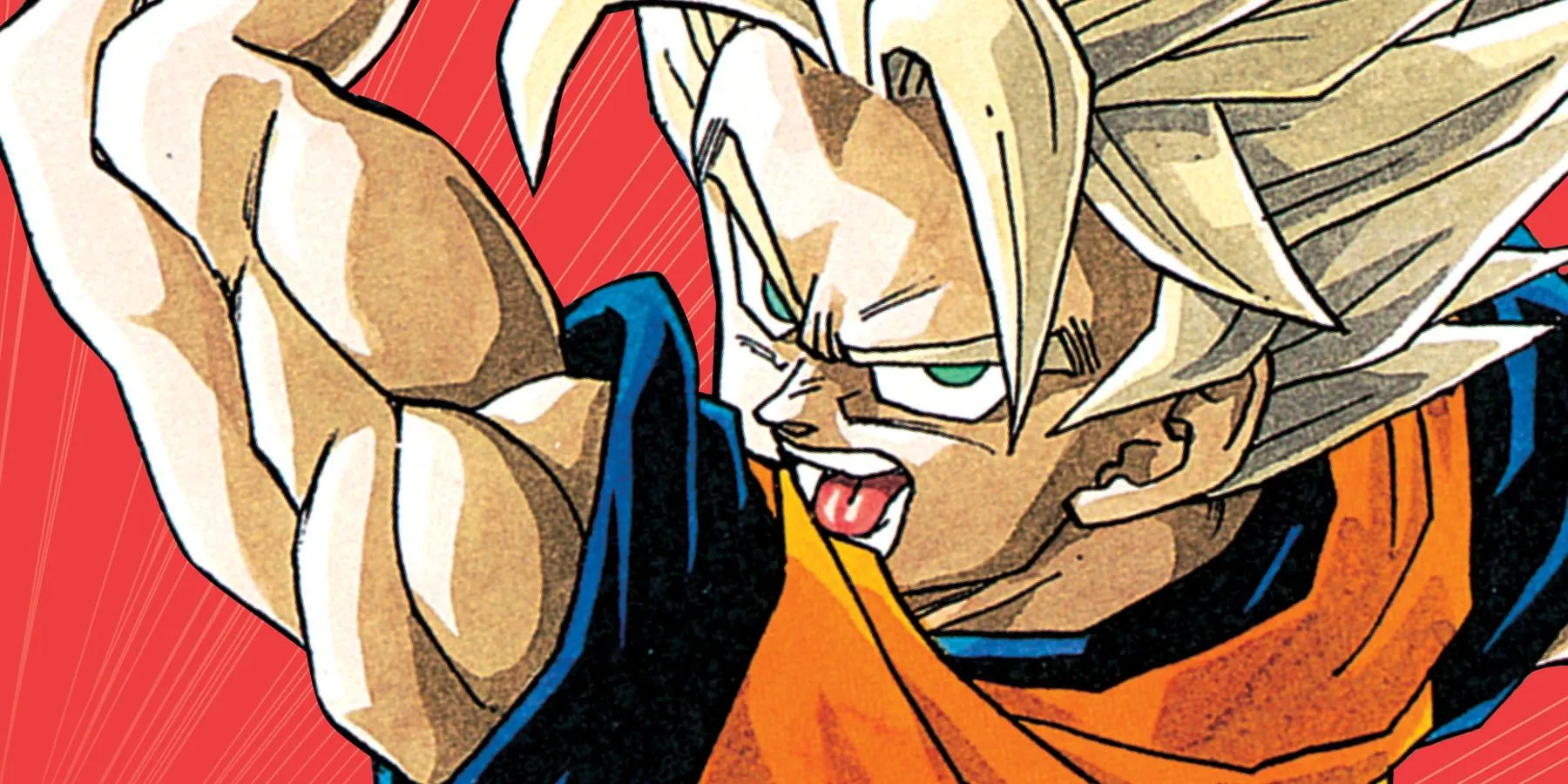
According to Torishima, as Toriyama transitioned from a manga artist to focusing on scriptwriting, he found it increasingly difficult to refine his ideas effectively due to the absence of external critiques. This shift led to the incorporation of “unnecessary”elements within his narratives.
Takeda echoed this sentiment, sharing that Toriyama often expressed a desire to retire from his work. Initially perceived as humorous, over time, Takeda began to question whether there was deeper truth in these comments. The collective view among the editors suggests that Toriyama may have felt a growing detachment from his art. This disconnect could stem from personal inclinations or an overwhelming pressure associated with his role as a mangaka.
Grateful for His Supporters
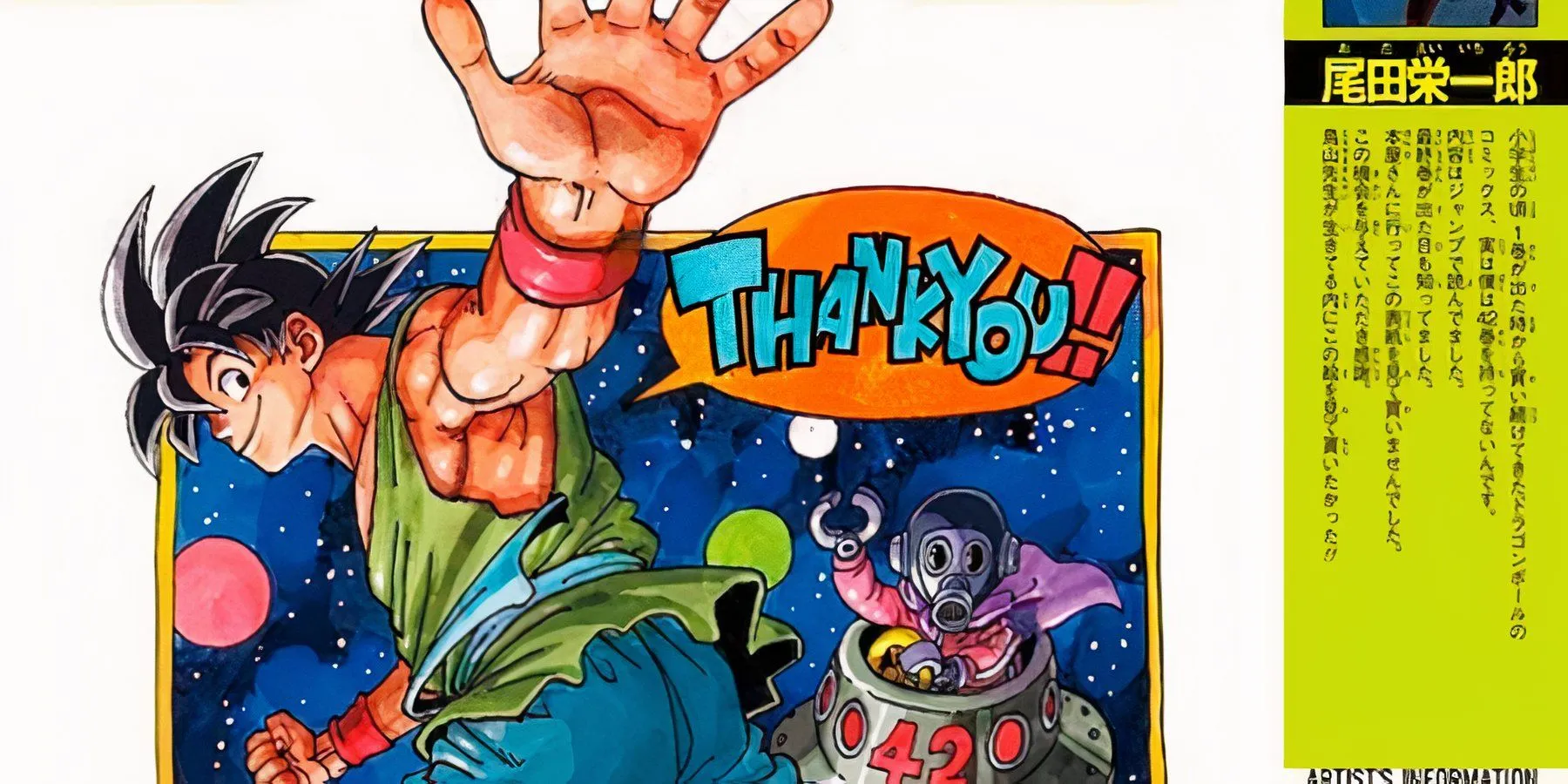
Despite his complex relationship with his work, Toriyama maintained gratitude towards those who contributed to Dragon Ball’s monumental success, including Masako Nozawa, who voices beloved characters like Goku and Gohan. Kondo noted that this appreciation was one reason Toriyama continued to entertain new project proposals.
Yet, it seems Toriyama gradually ceased to initiate new projects actively; instead, he adopted a more passive stance by approving ideas brought to him, as pointed out by Takeda. Furthermore, in the interview, the editors remarked on Shueisha’s response to Toriyama’s passing, criticizing it for being too restrained and impersonal. They lamented the lack of an official memorial event, underscoring that while Toriyama valued his privacy, the studio’s handling of the situation fell short.
Toyotaro as Toriyama’s Successor
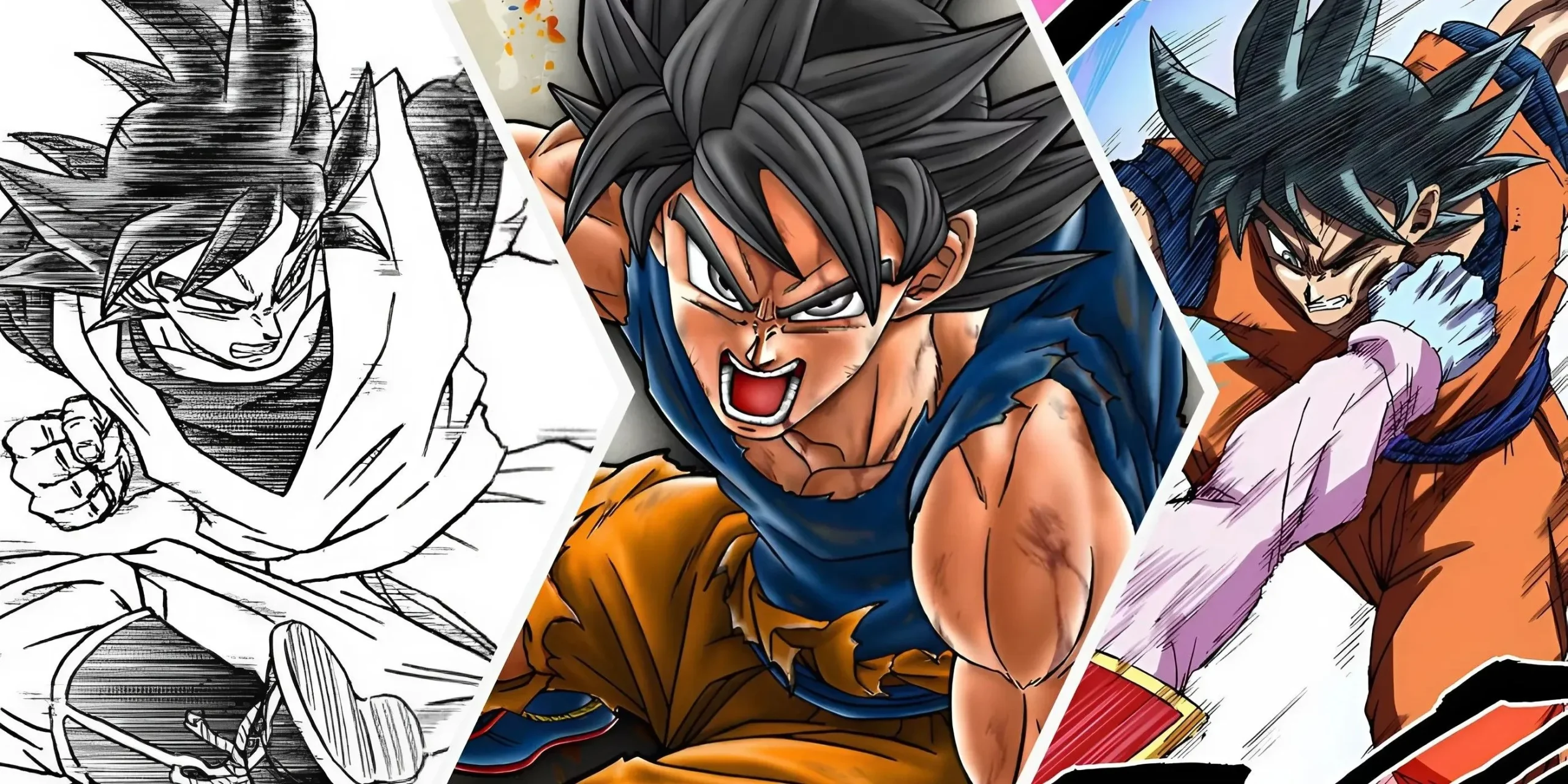
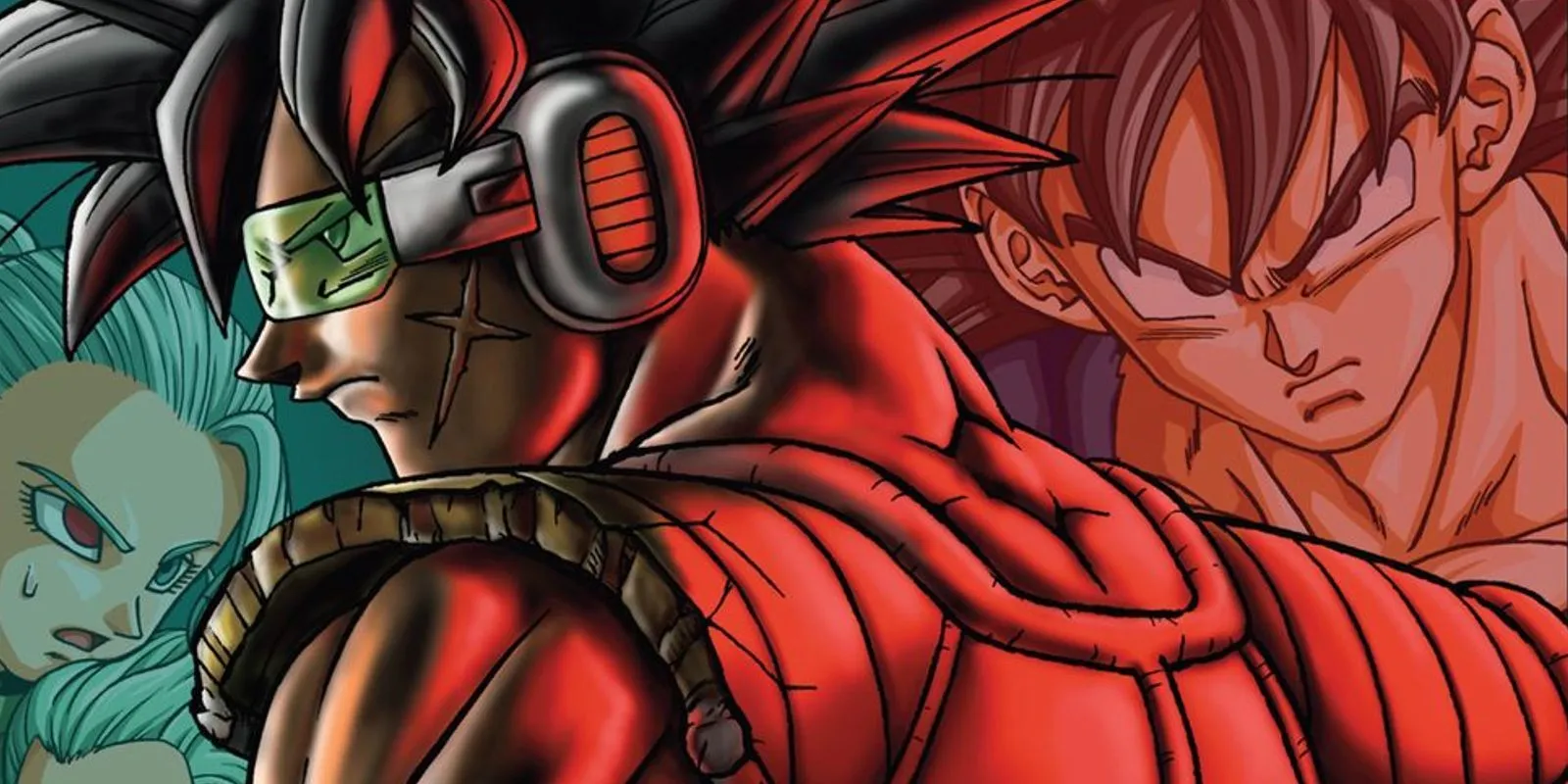
Takeda posited that Toriyama encouraged others to create independently, without always requiring his input. This notion contrasts with comments made by Akio Iyuko, who noted that Toriyama was engaged with the Dragon Ball Daima project, even taking a substantial role in its development. It’s plausible that these comments reflect different phases of Toriyama’s career, or that his involvement with Daima was an exception.
Considering current dynamics, it appears likely that Toriyama was preparing Toyotaro to assume greater creative control over new sequels, potentially allowing him to craft stories with less direct oversight. While Toyotaro currently writes and illustrates Dragon Ball Super, Toriyama had been involved with overarching plotlines and revisions. Toyotaro himself has expressed that Toriyama considered him a successor, suggesting that Dragon Ball Super served as a foundational training ground.
In Toyotaro’s own words: I was impressed when I met Akira Toriyama-sensei. He cheered me up, saying that my work was delicate, and that I was full of ideas. He has chosen me as his successor. It is a great honor.
This connection enhances expectations that Toyotaro will play a crucial role in any future series, as he has likely absorbed much of Toriyama’s vision for Dragon Ball and its expansive universe.
Future of the Dragon Ball Franchise
https://www.youtube.com/watch?v=YUDbl9qBihkhttps://www.youtube.com/watch?v=YUDbl9qBihk
The editors convey a sense of optimism regarding the continuation of the series, with statements from Iyuko hinting at ongoing developments in both new stories and animated projects. Much anticipation surrounds the idea that Dragon Ball will persist, aligning with fan expectations.
However, reports indicate a legal conflict between Shueisha and Capsule Corporation Tokyo over franchise rights. The resolution of this dispute could lead to separate entities (Shueisha and CCT) producing new series independently, which may result in disjointed narratives.
Iyuko confirmed that CCT is actively working on new projects related to the franchise. Additionally, Dragon Ball Super is expected to resume from hiatus, with a sequel to the Super anime likely on the horizon.
Notably, Shueisha reportedly had no involvement in the production of the recent anime, Dragon Ball Daima, managed by producer Akio Iyuko.
